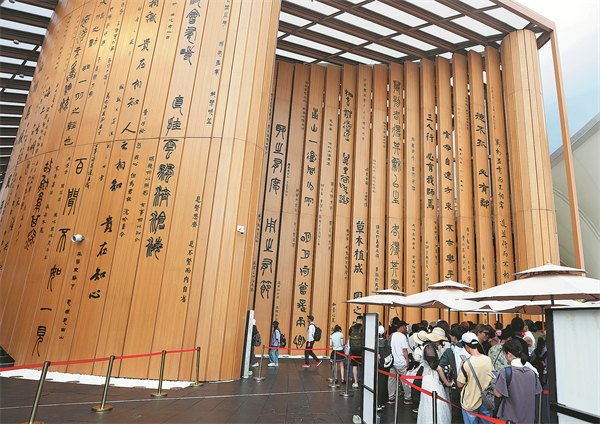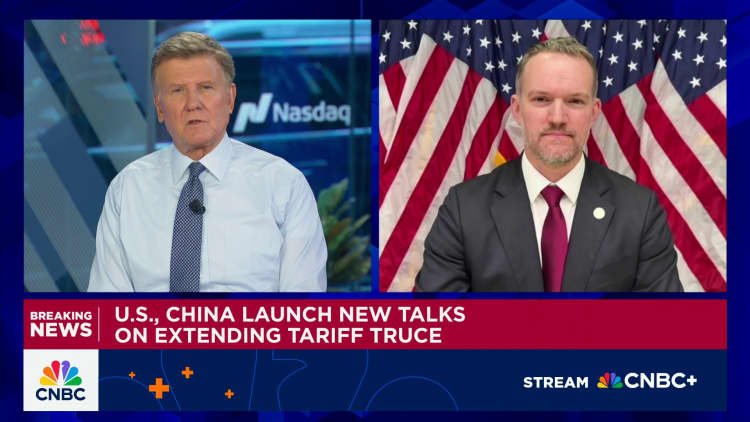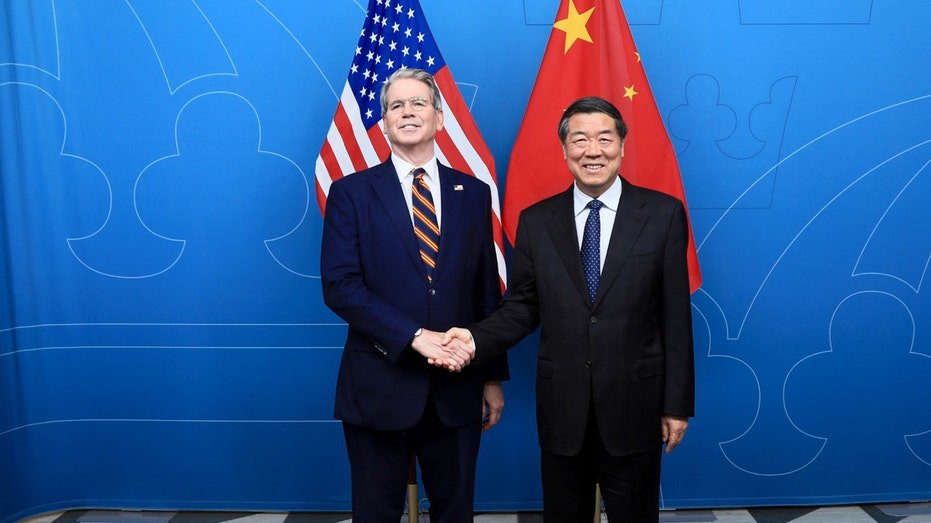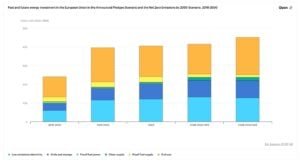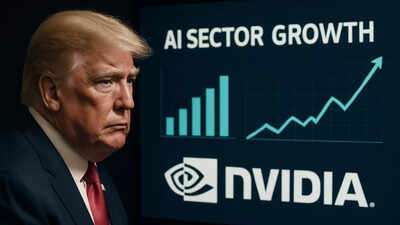
Certain section of security experts seem quite upset with the Donald Trump administration’s decision to allow sale of Nvidia H20 advanced AI chips to China again. A group of 20 national security experts and former government officials have written a letter to the U.S. Department of Commerce Secretary Howard Lutnick urging the Trump administration to revert its decision to allow Nvidia to resume sale of Nvidia H20 AI chips in China.As reported by Tech Crunch, the letter calls the decision a ‘Strategic Misstep’. It claims that the decision will have detrimental effects on the US’ AI “edge” for both military and civilian use cases. The letter further claims that selling Nvidia H20 chips in China will worsen the existing AI chip bottleneck in the US and that these chips could be used to support China’s military. This letter comes weeks after the DOC gave Nvidia the green light to start selling its AI chips in China as the trade talks between the two countries started. At the time, Lutnick called Nvidia’s H20 as the company’s “fourth best” AI chip. The H20 chip reportedly sits at the center of a broader US-China trade talk standoff. Nvidia is also introducing a new “RTX Pro” chip designed specifically for the Chinese market, calling it “fully compliant” with regulations and ideal for digital manufacturing applications like smart factories and logistics.
What the national security experts’ letter says
“The H20 is a potent accelerator of China’s frontier AI capabilities, not an outdated AI chip. Designed specifically to work around export control thresholds, the H20 is optimized for inference, the process responsible for the dramatic capabilities gains made by the latest generation of frontier AI reasoning models. For inference tasks, the H20 outperforms even the H100, an AI chip this administration has restricted access to due to its advanced capabilities.”“Both U.S. and Chinese AI labs are betting that further investment in inference compute will be critical to the next leap in frontier AI capabilities. On the heels of DeepSeek’s breakthrough model release earlier this year, Chinese AI labs began bulk-ordering H20 chips to develop even more advanced AI models. If the U.S. backs off of export controls to China, we believe that China’s next generation of frontier AI will be built on the backs of the H20,” the letter added. “While the biggest buyers of Nvidia’s H20 chip are nominally civilian companies in China, we fully expect the H20 and the AI models it supports to be deployed by China’s People’s Liberation Army.”“The decision to ban H20 exports earlier this year was the right one. We ask you to stand by that principle and continue blocking the sale of advanced AI chips to China as America works to maintain its technological edge. This is not a question of trade. It is a question of national security,” concludes the letter.
Letter’s signatories
The letter’s signatories include Matt Pottinger, the former deputy national security adviser during Trump’s first term; Stewart Baker, the former assistant secretary of Homeland Security under George W Bush; and David Feith, a former member of the National Security Council, former Deputy Assistant Secretary of Defense Lloyd Thrall, among others.

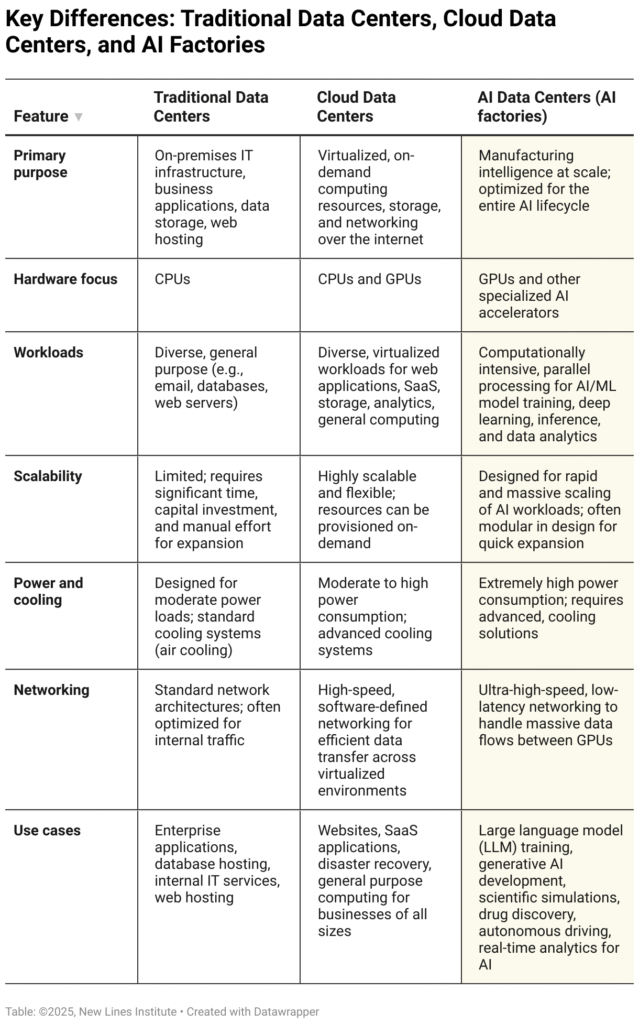
![[News] AMD Killer Switches Sides: Former Intel China President Joins Team Red](https://koala-by.com/wp-content/uploads/2025/07/AMD-headquarters-santa-clara-624x416.jpg)
